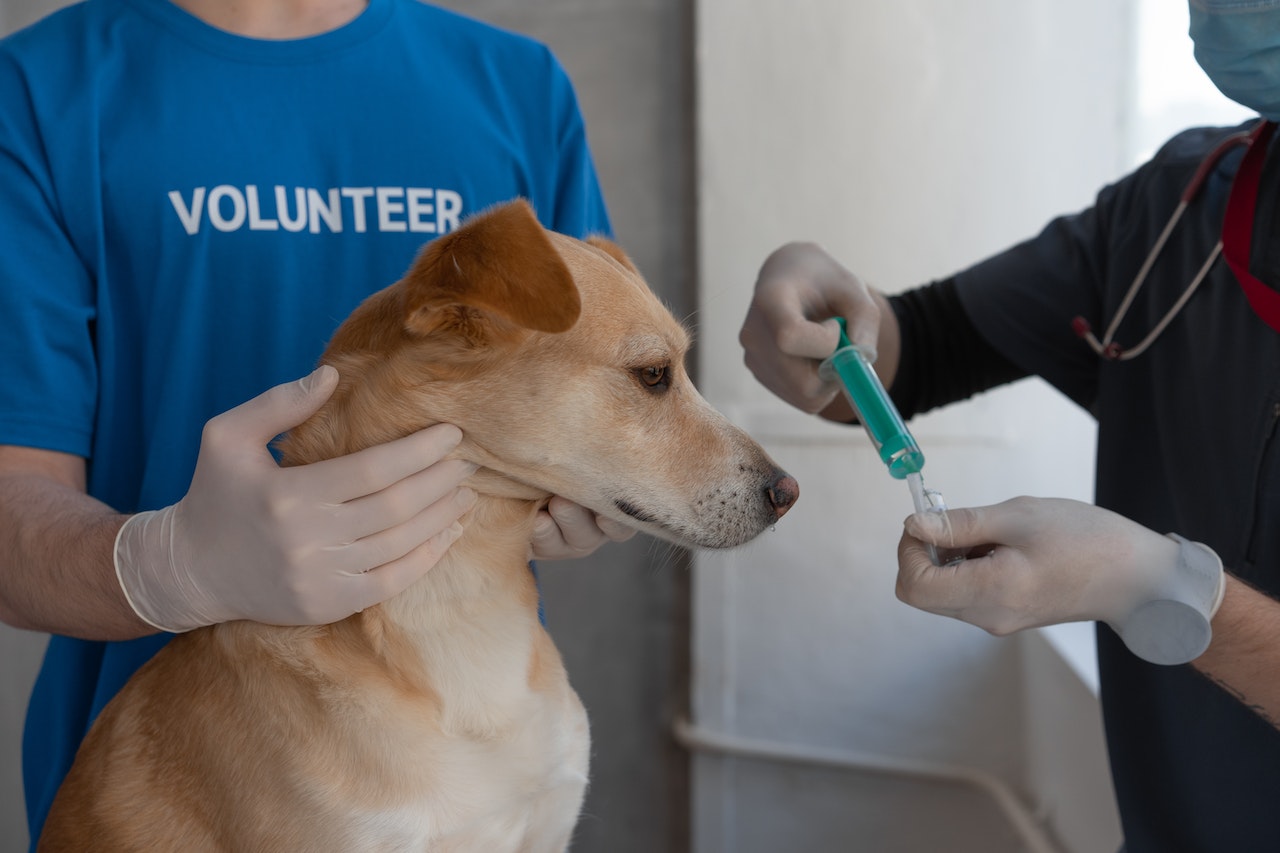Can Dogs Be Vegan?
The concept of veganism, or avoiding animal-derived products, has gained significant popularity in recent years, with more and more people choosing to adopt a vegan lifestyle. However, the question arises, can dogs also be vegan? Dogs are natural carnivores and have evolved to eat a diet that is primarily meat-based. But some people believe that dogs can be vegan, which raises questions about whether a vegan diet can meet their nutritional needs.
What is Vegan?
A vegan diet is a plant-based diet that avoids all animal products, including meat, dairy, eggs, and honey. The goal of a vegan diet is to minimize harm to animals and the environment by choosing plant-based alternatives.
Can Dogs Be Vegan?
There is ongoing debate about whether dogs can thrive on a vegan diet. While it is possible for dogs to survive on a plant-based diet, it is not necessarily ideal. Dogs are carnivores and require certain nutrients that are primarily found in meat. A vegan diet for dogs may lack essential amino acids, vitamins, and minerals that are necessary for their health.
Advantages of making a dog vegan
Feeding dogs a vegan diet is a topic of much debate among pet owners and veterinarians. While some argue that dogs are naturally carnivorous and need meat to thrive, others believe that a well-planned vegan diet can provide all the necessary nutrients a dog needs to stay healthy. Here are some potential advantages of making a dog a vegan:
- Reduced risk of certain health issues: A vegan diet can help reduce the risk of certain health problems in dogs, such as obesity, heart disease, and certain types of cancer. These conditions are often linked to a diet that is high in fat and cholesterol, which can be found in animal products.
- Improved digestion: A vegan diet can be easier for dogs to digest, particularly if they have food allergies or intolerances to certain meats or animal products.
- Environmental benefits: Raising and processing meat for pet food requires a significant amount of resources and can have a negative impact on the environment. Feeding a dog a vegan diet can reduce their carbon pawprint and support more sustainable food practices.
- Ethical considerations: Many dog owners choose to feed their pets a vegan diet for ethical reasons. They may object to the treatment of animals in the meat industry or believe that it is more humane to avoid feeding animal products to their pets.
- Cost savings: Depending on the specific products used, a vegan diet for a dog can be less expensive than a diet that includes animal products. This can be particularly advantageous for dog owners who are on a tight budget or have multiple pets to feed.
It is important to note that feeding a dog a vegan diet requires careful planning and consideration to ensure that the dog's nutritional needs are met. Dogs require a balanced mix of protein, carbohydrates, and fats, as well as essential vitamins and minerals that are typically found in animal products. It is essential to consult with a veterinarian or a veterinary nutritionist to create a nutritionally balanced vegan diet that meets the dog's individual needs.
Disadvantages of making a dog vegan
While there may be some potential advantages to making a dog a vegan, there are also several disadvantages to consider. Here are some of the main drawbacks of a vegan diet for dogs:
- Nutrient deficiencies: Dogs are naturally carnivorous animals and require certain nutrients that are primarily found in animal products. For example, dogs require high-quality protein and essential amino acids, which are difficult to obtain from a plant-based diet. Additionally, dogs require specific nutrients such as vitamin B12, vitamin D, and certain minerals like zinc and iron, which are typically found in animal products.
- Digestive issues: While some dogs may do well on a vegan diet, others may experience digestive issues such as diarrhea, gas, and bloating. Plant-based diets are typically higher in fiber, which can be difficult for some dogs to digest. Additionally, some vegan dog foods may contain ingredients that are difficult for dogs to digest, such as soy or wheat.
- Behavioral issues: Dogs are known to be opportunistic eaters and can develop behavioral issues if they are not fed a diet that is appropriate for their species. Some dogs may become aggressive or develop resource guarding behaviors if they are not given a diet that includes meat.
- Allergic reactions: Dogs can develop allergies to specific ingredients in vegan dog foods, just as they can with any other type of food. Common allergens in vegan dog foods include soy, wheat, and corn.
- Health risks: A poorly planned vegan diet can put dogs at risk for serious health issues, including nutritional deficiencies and weakened immune systems. In severe cases, a poorly planned vegan diet can lead to malnutrition and organ failure.
It is essential to consult with a veterinarian or a veterinary nutritionist before making a dog a vegan. A qualified professional can help ensure that the dog's nutritional needs are being met and that the dog is receiving a balanced diet that is appropriate for its individual needs. Additionally, it is important to monitor the dog closely for any signs of nutritional deficiencies or health issues, and to make adjustments to the diet as necessary.
Other Considerations:
If you are considering a vegan diet for your dog, there are some other factors to consider. First, it is important to consult with a veterinarian to ensure that your dog's nutritional needs are being met. Second, you should choose a high-quality vegan dog food that is specifically formulated for dogs. Third, you should monitor your dog's health and well-being closely to ensure that they are thriving on the diet.
Concluding Words
In conclusion, while it is possible for dogs to survive on a vegan diet, it is not necessarily ideal. Dogs are natural carnivores and require certain nutrients that are primarily found in meat. A vegan diet for dogs may lack essential amino acids, vitamins, and minerals that are necessary for their health. If you are considering a vegan diet for your dog, it is important to consult with a veterinarian and choose a high-quality vegan dog food that is specifically formulated for dogs.


